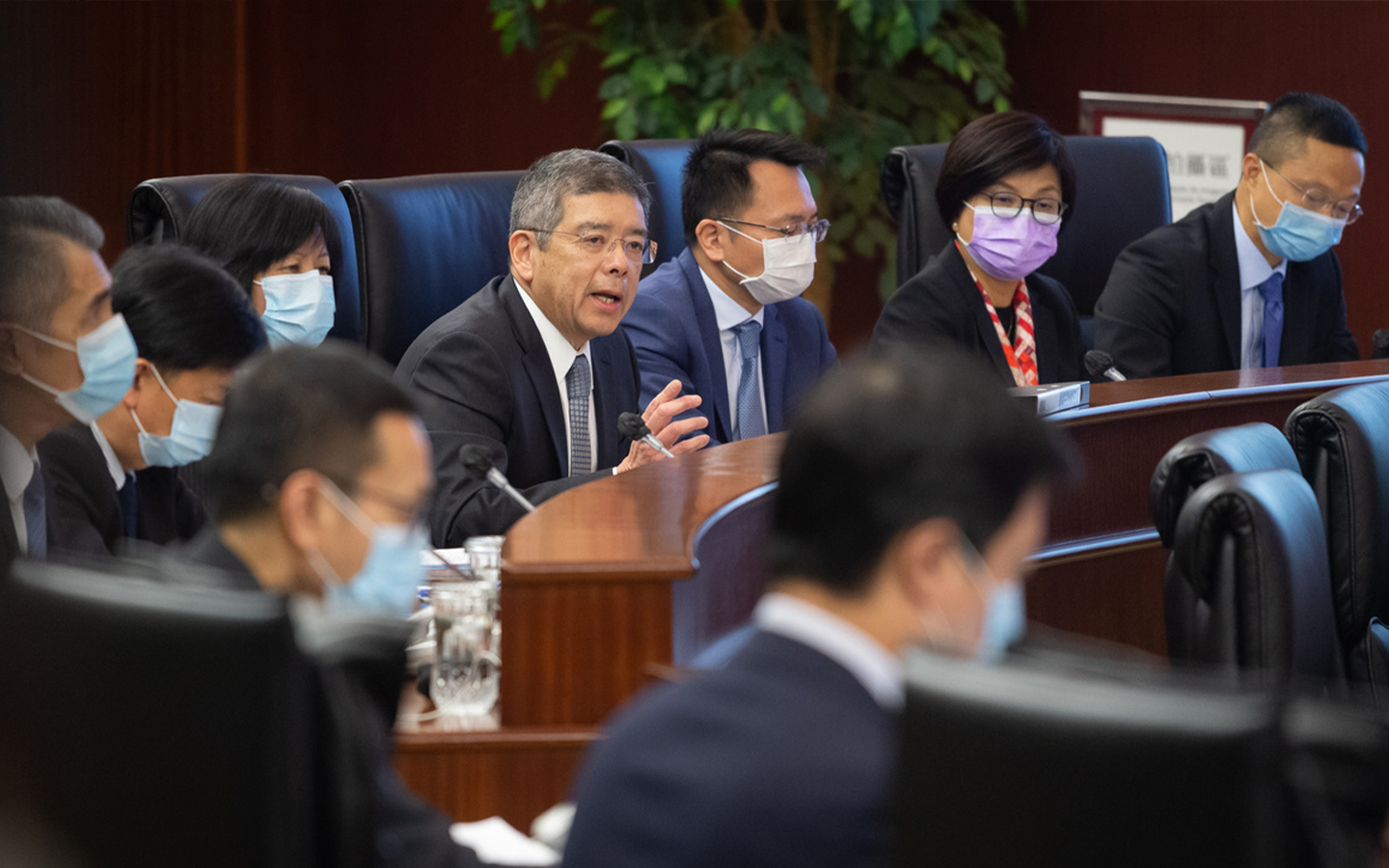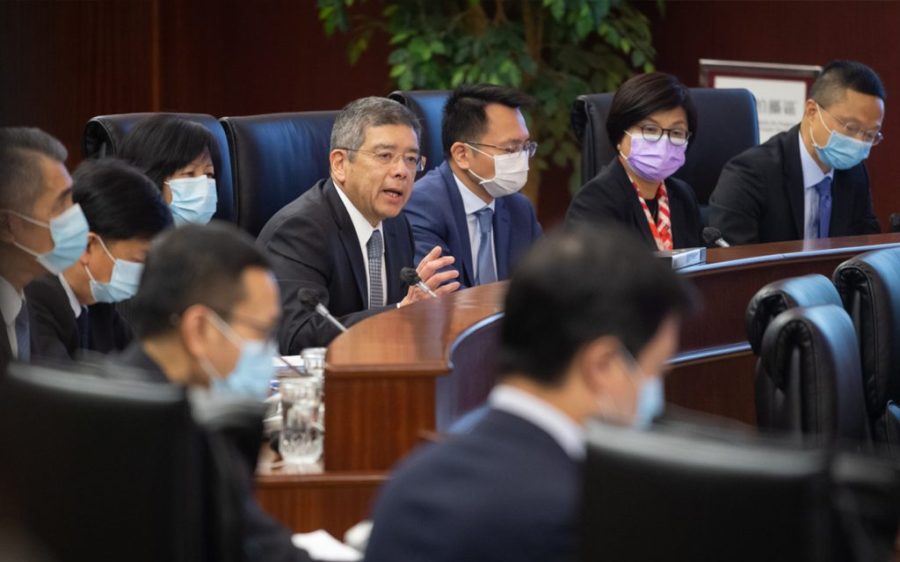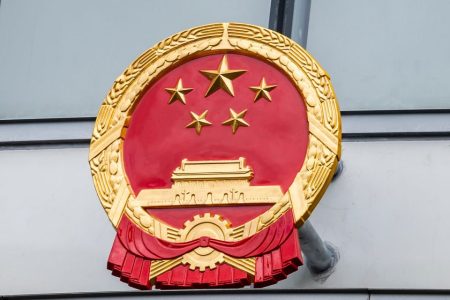The Secretary for Transport and Public Works, Raimundo do Rosário, has issued a statement to condemn a recently published opinion article that accuses his department of wrongdoing in relation to the management of the Macao Light Rail Transit (LRT).
According to the secretary, the piece, which was released in the wake of the Commission of Audit’s damning report on the Taipa LRT Line, contains “false news.”
The piece is not explicitly named in the secretary’s statement, however, local media have assumed that it is an article published on 4 January by Jornal Do Cidadāo, featuring the opinions of legislator, Lam U Tou.
In his rebuttal, Rosário shot down the article’s claims that Mitsubishi Heavy Industry, the contracted builder of the Taipa Line, did not meet the required standards with respect to materials and performance.
The opinion piece also alleged that the Transport Infrastructure Office (GIT) deleted certain documents and asked “why would the documents of a government department be deleted?” It then claimed that there were “suspicions that the department was trying to cover up” wrongdoing, “which is a serious problem.”
[See more: What’s next for Macao’s LRT]
Rosário denied these claims, stating that documents relating to the GIT were properly stored in a hard drive after the department became defunct in 2019. He added that access to the files are possible through official document management systems, saying “it is clear that no ‘deletion’ of documents has taken place.”
In response to the allegation that the contractor’s building material and performance were subpar, the secretary’s statement noted that “the government put the LRT system out for tender in 2009,” which was why it followed standards that are not in line with the current ones. Moreover, he countered that there were neither “‘secret substitution’ of materials [nor] ‘irregularities’ in the performance of tasks or in the use of materials.”
The Taipa LRT Line was plagued by delays and exorbitant construction costs during its construction between 2012 and 2018. Since its operation in 2019, it has faced chronic low ridership.






